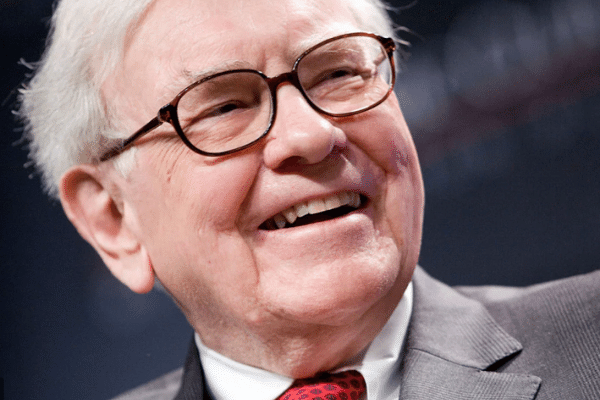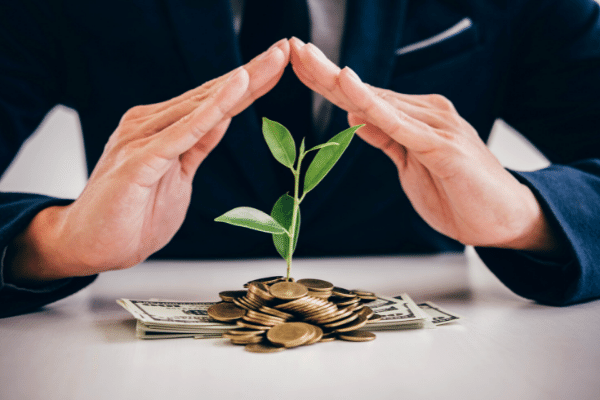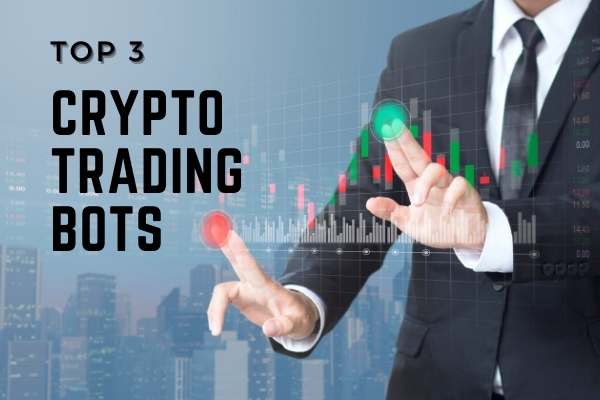
-
Warren Buffett’s struggle to deploy excess capital at Berkshire Hathaway (-0.88%) consistent with his investment philosophy and signs that the market may have become unnervingly frothy
-
Buffett’s annual letter to investors provides almost no insight as to how markets will trend, as both value and momentum investing has become overtaken by excess liquidity in the markets
Like a rising tide floats all boats, excess liquidity is making it more difficult for even the most astute investor to stand out as a tall ship.
And nowhere has this been more evident than in the fortunes of famed value investor Warren Buffett.
Investors have been eagerly anticipating Warren Buffett’s annual letter to investors this year and were somewhat disappointed to find few (if any) insights into the Oracle of Omaha’s thoughts on the markets and their outlook.
To be sure, the pandemic has not been kind to the cult of value investing, as excess liquidity flooded markets and anything from GameStop (-6.43%) to Dogecoin rallied.
Against this backdrop, the seasoned hand of an old-time investor who is more familiar with railroads and soda seems somewhat out of context in our current cryptic (no pun intended) age.
Over the past year, Buffett has had to pare down losing bets on everything from airlines to financials, and given his personal investment philosophy, had to sit out most of the upside in everything from tech to other speculative assets.
Buffett pared down bets on companies like Apple (+0.22%), having taken some money off the table after investing in the tech sector for the first time in 2016.
Instead (and somewhat disappointingly) Berkshire Hathaway has repurchased some US$24.7 billion of its own stock, as Buffett has struggled to find better ways to invest his enormous cash pile.
And yet there’s more where that came from – with the conglomerate continuing to buy its own stock since the end of last year, and likely to keep at it.
Writing in his annual letter, Buffett conceded that the firm had “made no sizable acquisitions” in 2020.
In many ways, Buffett is being buffeted (pun intended) by the headwinds of excess liquidity, record low interest rates, loose monetary policy and unprecedented fiscal stimulus – and has been unable to find “value” targets.
Just as the oceans are full of water you can’t drink, Berkshire Hathaway is increasingly finding itself in a sea of stocks it can’t buy (according to its investment philosophy).
The problem though is that just like a passive fund, which must deploy the flows that enter it, and ultimately ends up fueling a self-created feedback loop that causes stocks that it tracks to keep rising, Berkshire Hathaway’s share buybacks are not much better.
Even Berkshire Hathaway’s stake in Apple, which Buffett paid just US$31.1 billion for in 2016 and is worth some US$120 billion now, reflects the business models Buffett is most comfortable with – a global brand name with an absolutely addictive product (Coca Cola (-2.35%) anyone?).
But the rise of deputies within Berkshire Hathaway has since seen a change from the kitschy investment philosophies of Buffett and into the information and technology age.
Outside of Apple, Berkshire Hathaway has also built up substantial positions in e-commerce giant Amazon (+1.17%) and Verizon Communications (-2.12%), a leader in 5G communications, as well as invested in some more speculative corners of the market such as Snowflake (-0.31%), a yet-to-be profitable cloud computing company.
Investors more accustomed to the slow and steady method of investing that Berkshire Hathaway has long embodied may now have to contend with a conglomerate that is being pushed into the modern era, as Buffett himself pushes into his 90s.
And while not much has been said about Berkshire Hathaway’s succession plans, mistakes are starting to mount.
Buffett conceded early on that he had missed out on many opportunities in tech and in this year’s annual letter to shareholders, admitted to overpaying for Precision Castparts five years ago, an investment which cost Berkshire Hathaway investors some US$11 billion.
That having been said, Buffett may end up having the last laugh.
Investors are increasingly concerned that excess liquidity has created an unsustainable market bubble, which makes absolute sense why Buffett may have sat out the past year.
If and when valuations normalize, the value of the investments which Buffett has picked will become obvious.



